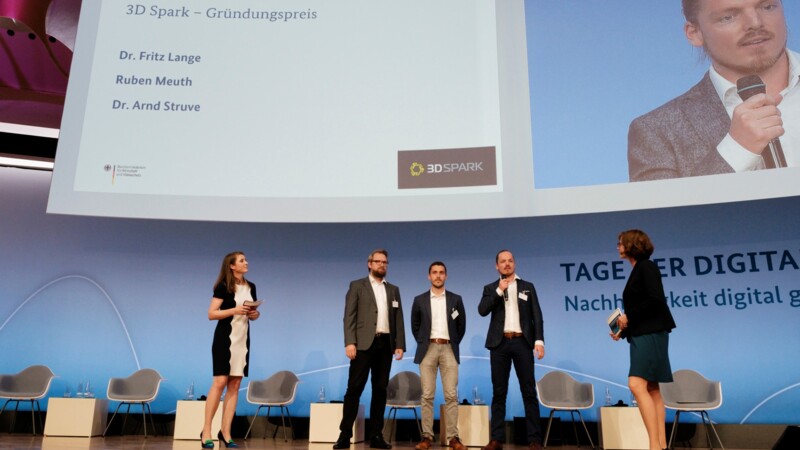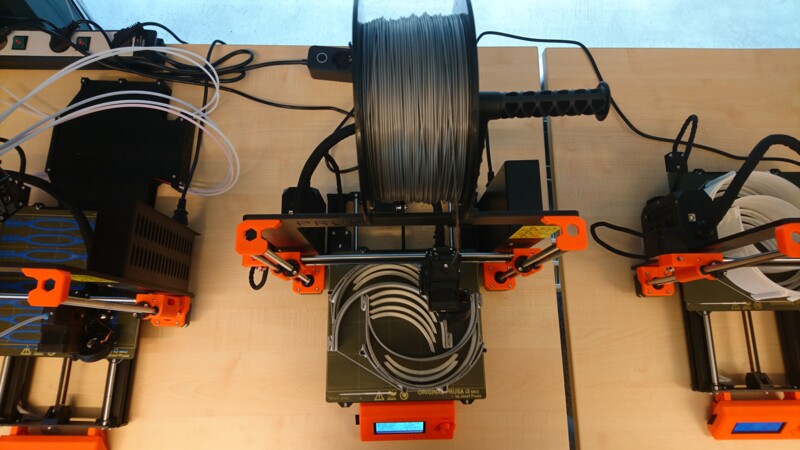Katharina Fegebank, Senator for Science, Research and Equality, pointed out: "3D printing is steadily gaining importance in science, industry and in art. All these fields must take the sustainability aspect into consideration. Environment-friendly, plastic-free 3D printing can cater to many cases. That is the goal of 'Green 3D Printing'." Prof. Dr. Andreas Timm-Giel, President of TUHH, remarked: "This project is an impressive example of how engineering solutions can significantly reduce the consumption of resources and lead to a more sustainable future." The team, led by Prof. Dr.-Ing. Claus Emmelmann at the Institute of Laser and Plant Systems Engineering, has won many awards for its research into industrial metal 3D printing. The focus is now on sustainable bionic (nature-mimicking) printing using fewer resources.
A "Green 3D Printing" project and an associated "Calls for Transfer" at the University of Technology (TUHH) has received EUR 26,300 in funds through June 2023 from the Ministry of Science, Research and Equality. The project is examining sustainable alternatives to printing with paper fibre materials and hopes to come up with a long-term papier mâché prototype. Many 3D prototypes are proving short-lived and quickly lead to even more plastic waste.
Sustainable 3D printing gaining importance
Paper-water-adhesive mix instead of plastic
Until now, mostly plastic in the shape of synthetic polymers has been used in 3D printing. The sustainable alternative presented by "Green 3D Printing" consists of paper fibres, water and adhesive, which are mixed to a liquid mass. The aim is to develop a suitable mix of materials and a prototype system to make 3D printing a genuine, alternative in the long-term. The technology could be used by end users including hobbyists and teachers to produce industrial, short-term, disposable prototypes.
nj/mm/pb
Sources and further information
More
Similar articles

Hamburg-based 3D Spark wins start-up competition

EU funding 3D printing of medicine and implants at UKE

